Ben Franklin Works Towards Independence
Partly due to Benjamin Franklin’s testimony before the House of Commons, the Stamp Act, which taxed items such as newspapers and legal documents, was repealed by Parliament on March 18, 1766. Unfortunately, this conciliatory measure was immediately undone when Parliament enacted the Declaratory Act which reasserted that all laws passed by that legislative body were binding on the colonies, including those related to taxes.
Franklin worried the split between England and her American colonies would widen and worked to bring the two camps together. Over the course of the next decade, Franklin wrote 129 newspaper articles trying to explain one side’s position to the other.
Under assumed names such as “Benevolous,” Franklin addressed several common complaints against the colonies such as “Americans are ungrateful for all England has done for them” and “the colonies do not pay their fair share of the Empire’s expenses.” With typical Franklin wit and tact, he articulated the American position. For instance, Franklin reminded the British that America had largely defended herself during the French and Indian War by raising 25,000 soldiers.
In 1768, two related events took place that finally shaped Franklin’s mindset on the theory of American independence. First, Parliament passed the Townshend Acts, which imposed duties on a wide range of British imports to America. Then, to refute the authority of Parliament to enact these taxes, John Dickinson, an attorney living in Philadelphia, published a series of articles entitled Letters from a Farmer in Pennsylvania.
Dickinson’s work was perhaps the finest explanation of the American position of “no taxation without representation” and offered a true representation of the relationship between England and her colonies. The logic of Dickinson’s argument solidified the American situation, and made Franklin ponder a deeper question regarding what power Parliament did possess over the colonies.
As Franklin stated, “The more I have thought and read on the subject the more I find myself confirmed in my opinion that no middle doctrine can be well maintained. Something might be made of either of the extremes: that Parliament has power to make all laws for us, or that it has a power to make no laws for us.” From this standpoint, it was not a tremendous leap to justify complete independence from Great Britain.
In 1772, Franklin committed an un-Franklin like error which placed the final nail in his “English” coffin when he leaked the private correspondence of Thomas Hutchinson, the Royal Governor of Massachusetts. Hutchinson’s letters advised that harsh measures be taken against Boston’s rebellious citizens to include restricting their civil liberties.
Franklin’s goal in releasing the letters was to calm tempers in Massachusetts by demonstrating to Bostonians that their issues lay with the Governor and not with England. Unfortunately, his plan backfired. The citizens in Boston were even more enraged with all things British and Crown officials no longer trusted Franklin.
Discredited in London and disillusioned with the King and his ministers, Franklin left England in March 1775 after being away from America for most of the past eighteen years. Franklin returned to a country at war, arriving in May soon after the “shot heard round the world” at Lexington and Concord. He immediately joined the effort to secure our freedom from Great Britain and became a prominent advocate for independence.
Within 24 hours of arriving home, Pennsylvania unanimously chose Franklin as one of their delegates to the Second Continental Congress, then convening in Philadelphia. Franklin was clearly the old man of the group at 69 years of age, a full twenty to thirty older than the key movers such as Thomas Jefferson (32), John Adams (39), and George Washington (43).
John Trumbull. “The Declaration of Independence.” Yale University Art Gallery.
Although some delegates were initially somewhat suspicious of Franklin and his commitment to the American cause, eventually those concerns faded. As John Adams stated, Franklin displayed “a disposition entirely American.” A full year before our Declaration of Independence, Franklin realized separation from England was inevitable and worked tirelessly to make it happen.
Recognizing Franklin’s abilities, Congress soon put him to task. Knowing that an efficient postal service was critical to spreading information throughout the colonies, in 1775, Congress named Franklin our first Postmaster General. Also, due to Franklin’s previous work raising the Pennsylvania militia, he was named to a secret committee tasked with obtaining military supplies and weapons.
In 1776, Thomas Paine’s pamphlet Common Sense was published, and more delegates began to come around to Franklin’s belief that independence must be declared. Anticipating this event, Franklin was named to a committee, including Jefferson and Adams, to draft our statement to the world that America was free and independent.
Jefferson submitted his draft to Franklin and Adams who edited the document, followed by major modifications by Congress. The result was one of the most beautifully worded statements on the rights of citizens in a free nation, our Declaration of Independence.
At the signing ceremony, John Hancock, the President of Congress, wanting unanimous approval, stated “We must all hang together.” Franklin, ever ready with a quip, replied, “Yes, we must indeed all hang together, or most assuredly we will all hang separately.”
Next week, we will talk about Ben Franklin work as a diplomat during the American Revolution. Until then, may your motto be “Ducit Amor Patriae”, Love of country leads me.

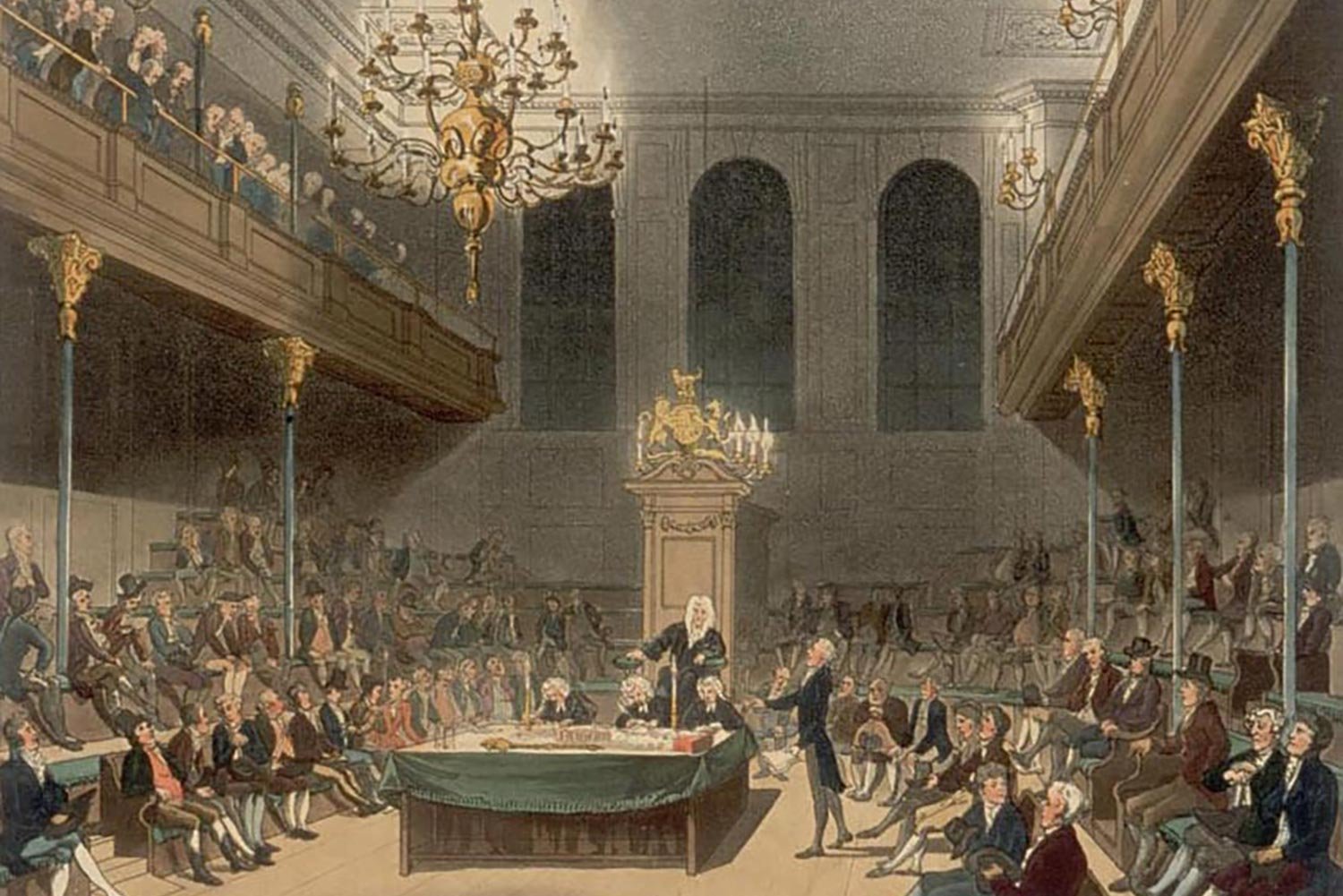

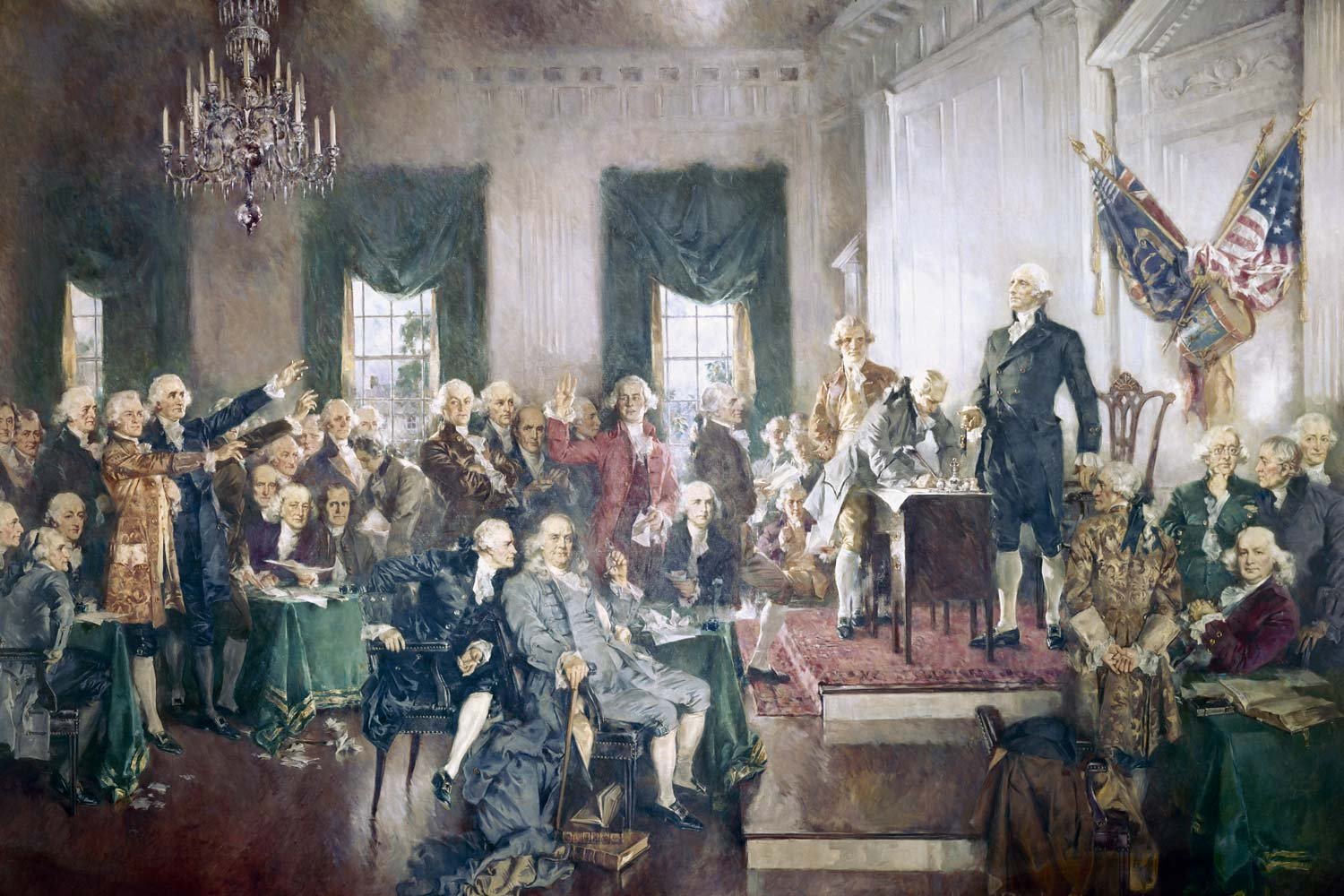
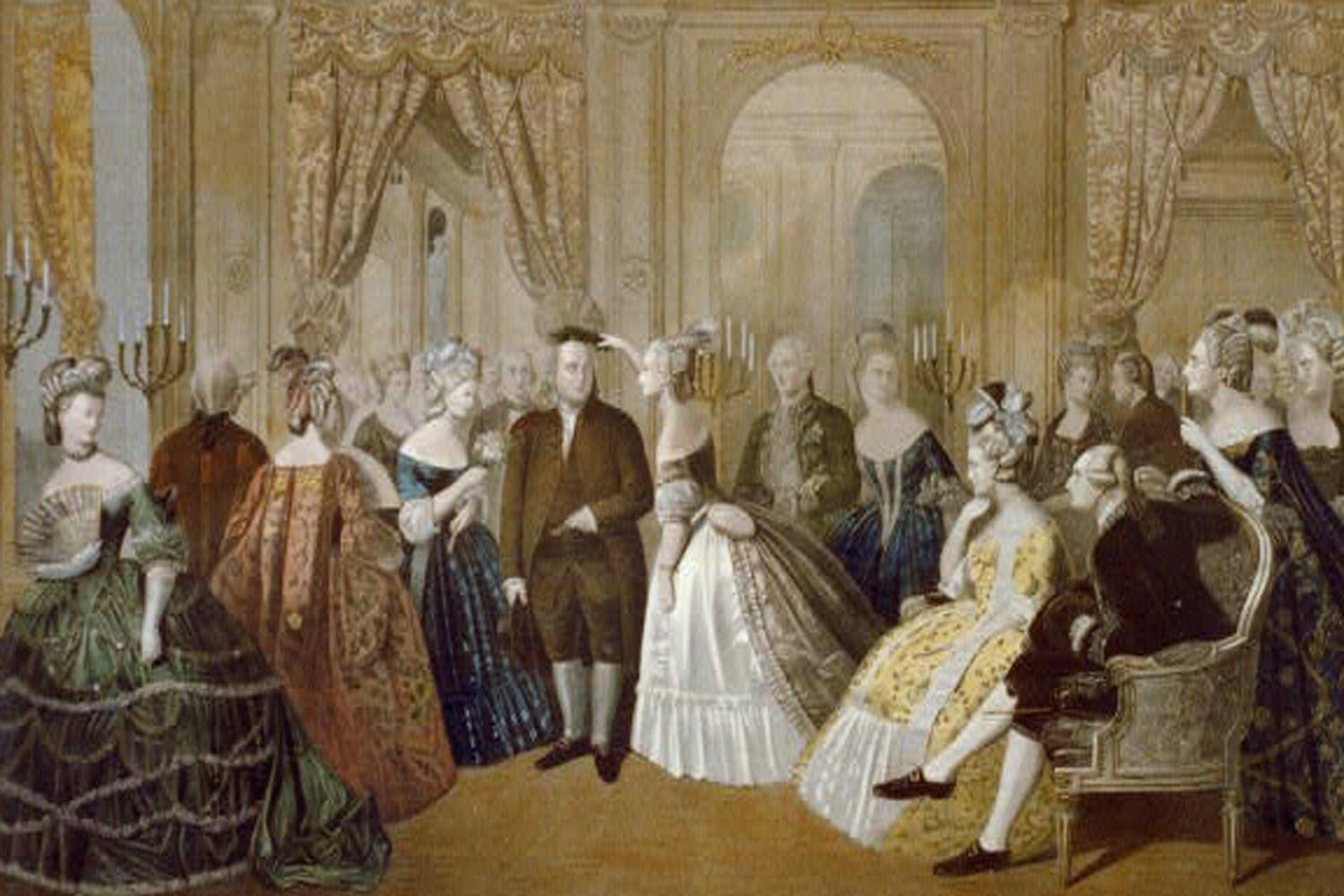
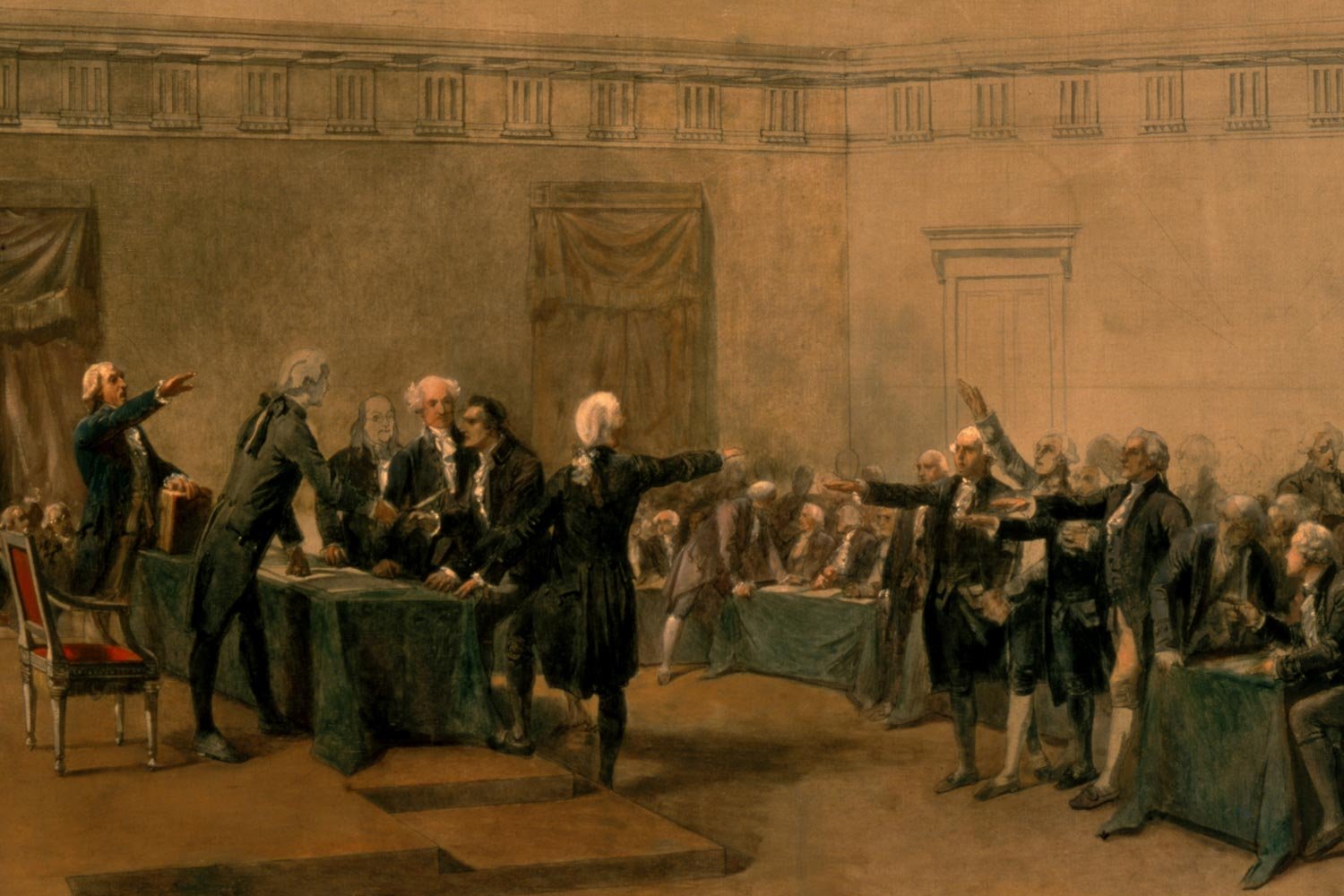
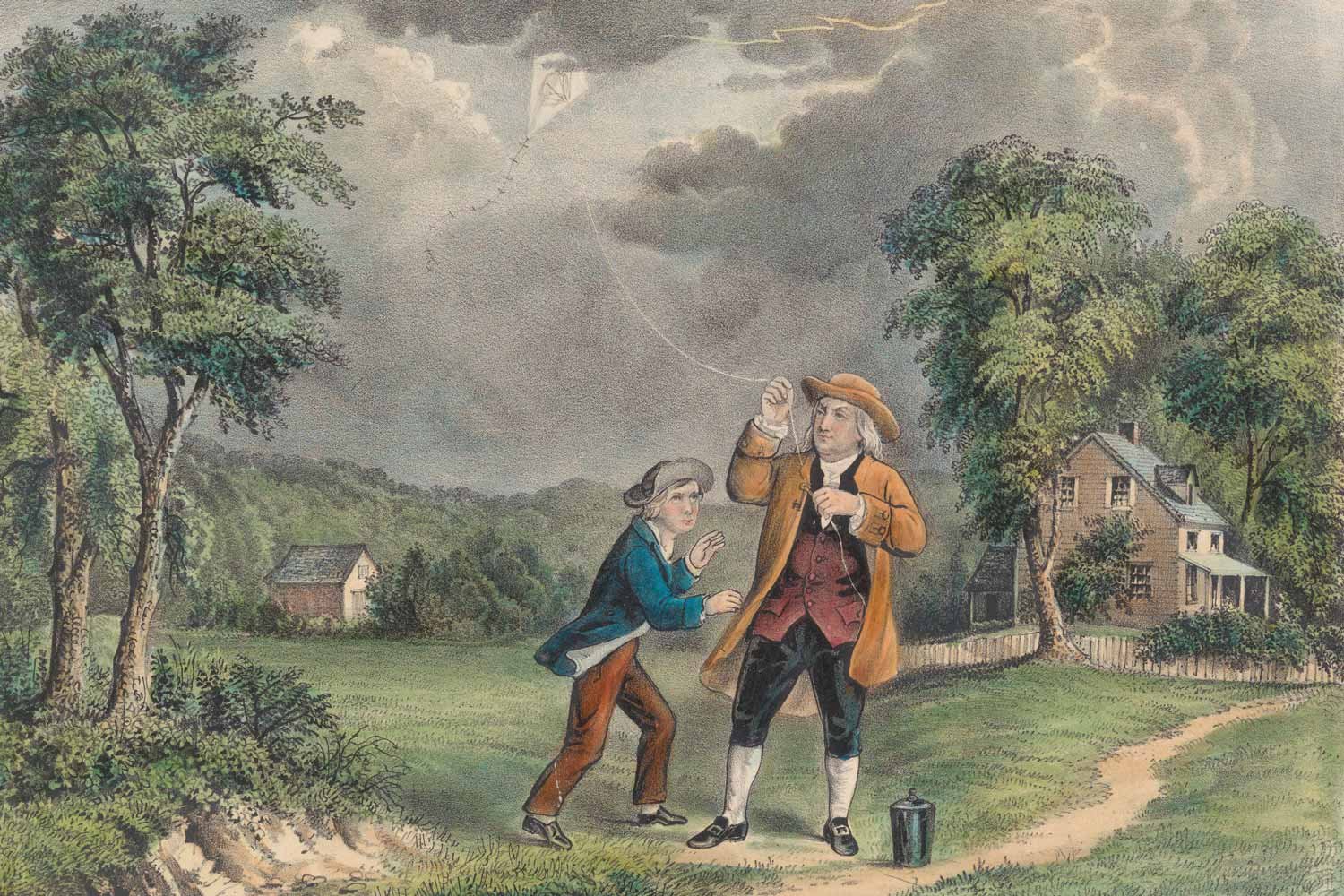
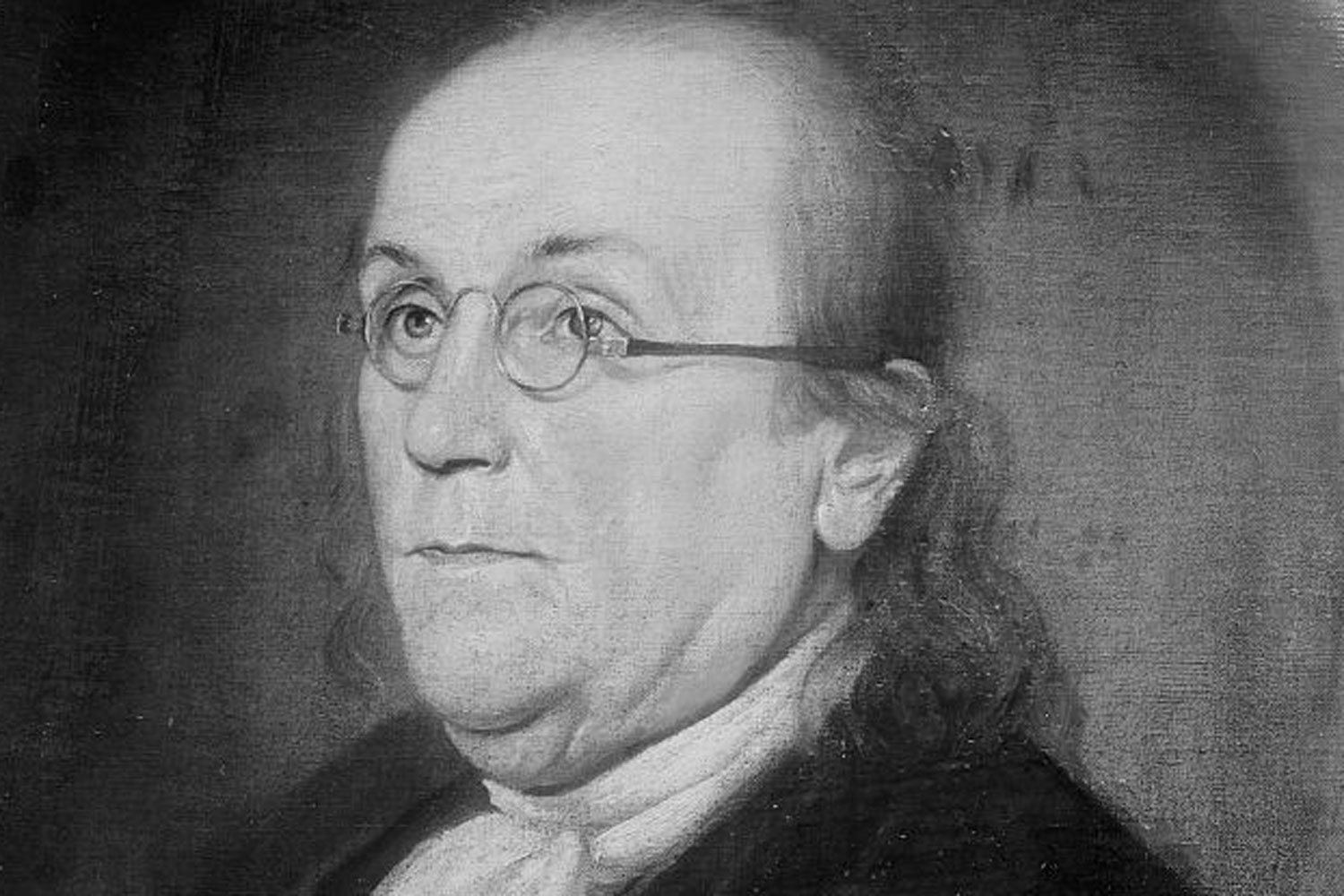
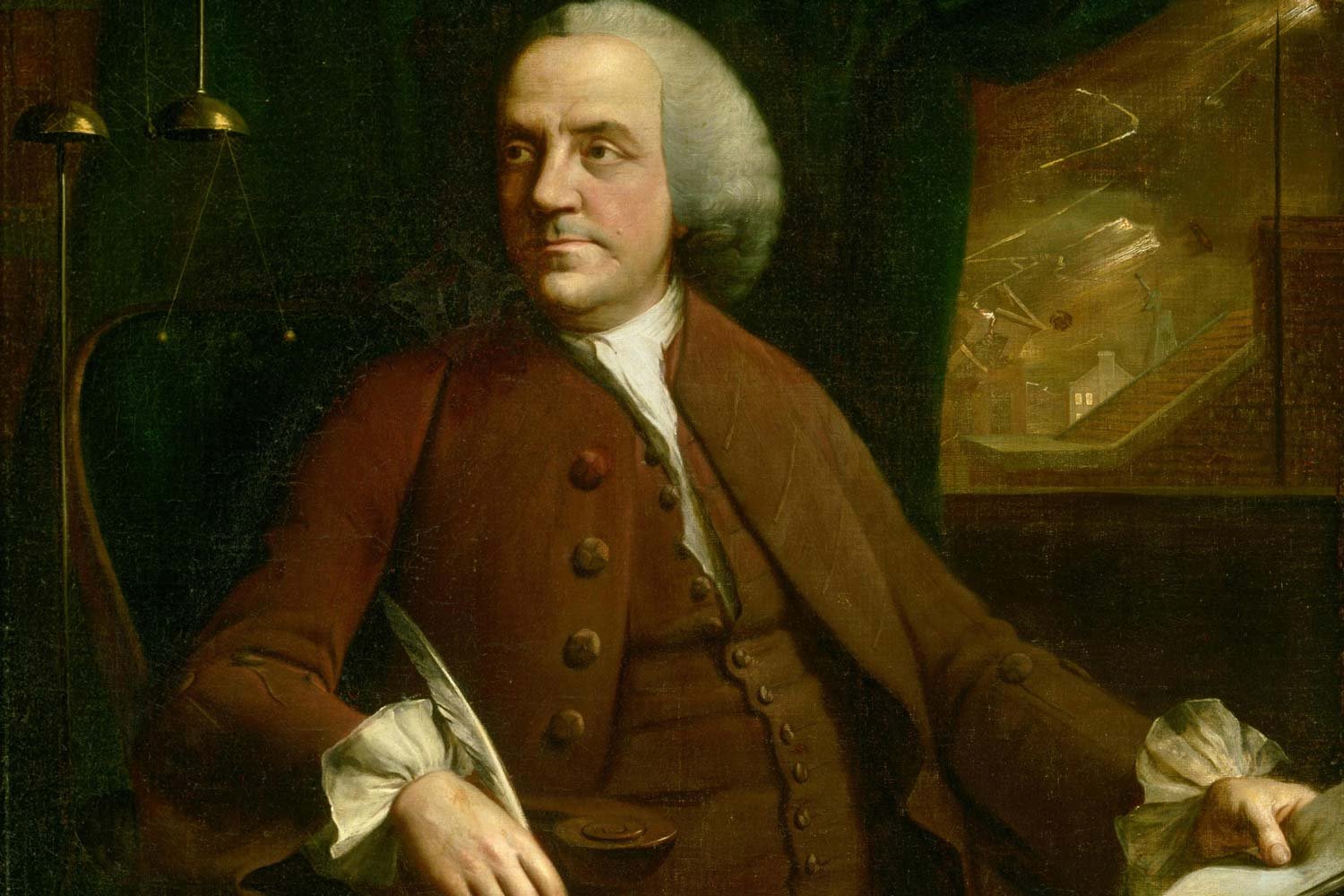
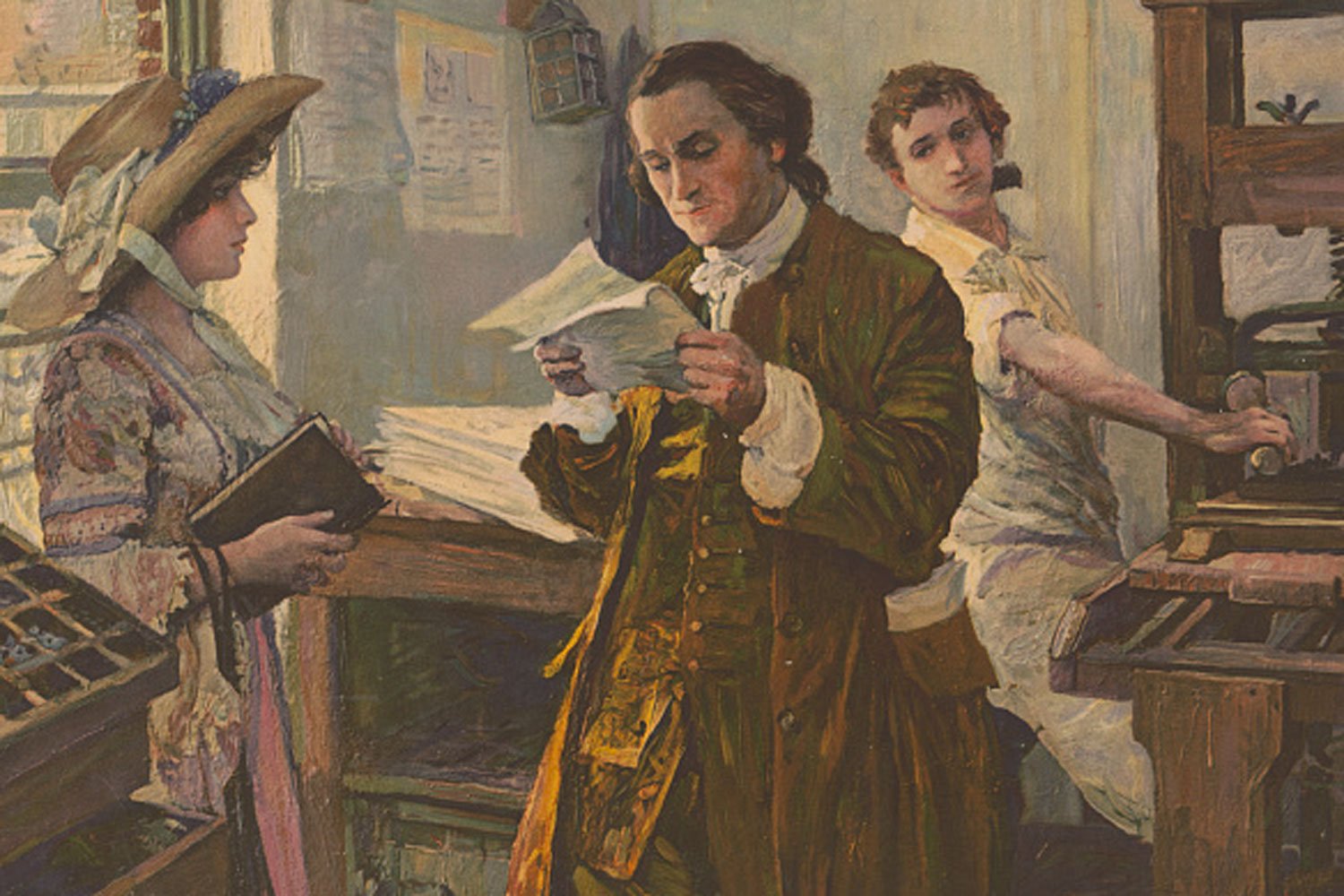

The Constitutional Convention adjourned on September 17, 1787, and would be Benjamin Franklin’s last moment in the spotlight of American history. It was a fitting finale for this man who had done so much to shape the nation in which he lived. Franklin was 81 years old, in poor health, and hoped for a well-deserved rest.